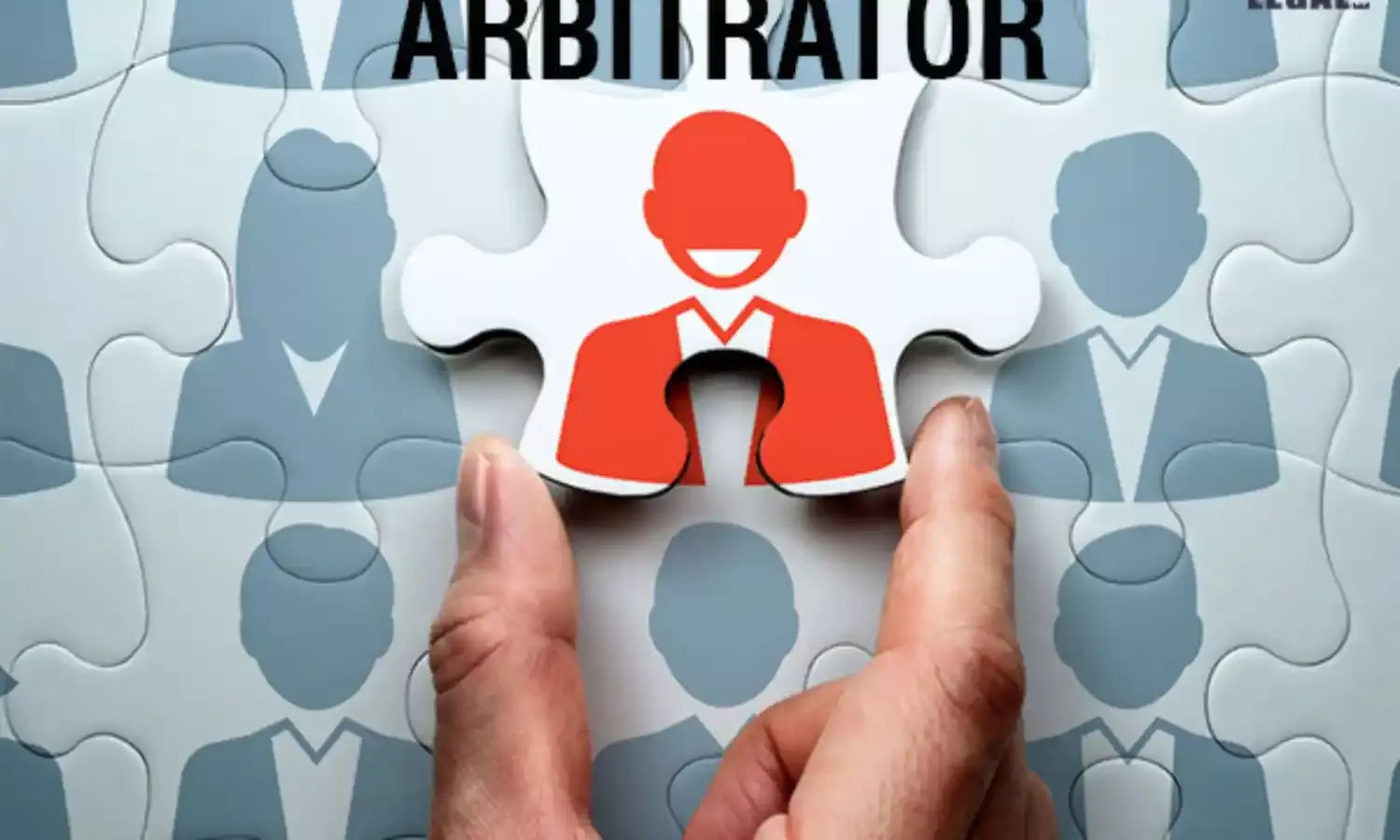Karnataka High Court Rules Arbitrators Not Automatically Disqualified For Past Engagements In Another Dispute Between Same Parties
The Karnataka High Court, Justice R. Devdas, ruled that previous involvement as an arbitrator in a dispute, even with one;

Karnataka High Court Rules Arbitrators Not Automatically Disqualified For Past Engagements In Another Dispute Between Same Parties
The Karnataka High Court, Justice R. Devdas, ruled that previous involvement as an arbitrator in a dispute, even with one of the parties or its affiliate, does not inherently disqualify an individual from serving as an arbitrator in future cases. The key determinant remains the arbitrator's capacity to exhibit independence and impartiality across prior proceedings.
As a result, the bench rejected the argument that an arbitrator engaged in a dispute involving a party and its affiliate from another party is ineligible for subsequent appointments.
The Petitioner, formerly employed by Pricewaterhouse Coopers Pvt. Ltd., entered into disputes with the Respondent post-retirement, leading to arbitration notices and subsequent petitions under Section 11 of the Arbitration and Conciliation Act, 1996. The proceedings before the Bombay High Court raised objections from the Respondent regarding jurisdiction, citing Bengaluru as the arbitration seat per the LLP Agreement. Consequently, the Petitioner withdrew the LLP Agreement-related petition. However, the Bombay High Court appointed Justice M.S. Sanklecha as the sole arbitrator for resolving disputes between the Petitioner and the Respondent. Subsequently, the Petitioner approached the Karnataka High Court to confirm Justice Sanklecha's appointment.
The Respondent proposed two former judges of the Bombay High Court for arbitration, considering Bengaluru as the seat. It argued that Justice Sanklecha's appointment was prohibited under Entry 24 of the Fifth Schedule, as he was already arbitrating a related matter. The Petitioner countered with a Supreme Court precedent (Panipat Jalandhar NH-1 Tollway Pvt. Ltd. v. National Highways Authority of India), arguing that prior arbitration involvement between the same parties does not universally disqualify an arbitrator.
Moreover, the Petitioner sought consolidated arbitration proceedings due to the interrelated issues, though not mandatory. In contrast, the Respondent cited HRD Corporation (Marcus Oil and Chemical Division) v. GAIL (India) Ltd., which emphasized disqualification under Entry 24 for arbitrators currently or recently involved in related arbitration matters.
The High Court deliberated on whether an arbitrator previously involved in disputes between the same or related parties is automatically disqualified from adjudicating new disputes. Citing the Supreme Court's decision in Panipat Jalandar, the High Court determined that disqualifications under Entry 22 and Entry 24 of the Seventh Schedule are not absolute.
Accordingly, the High Court ruled that an arbitrator can only be challenged if there are circumstances suggesting a lack of independence or impartiality. It emphasized that the arbitrator must not fall under any disqualifications listed in the Seventh Schedule of the Arbitration and Conciliation Act, 1996.
Furthermore, the High Court distinguished between prior involvement in the same dispute and engagements in related issues. It held that previous arbitrations or appointments do not inherently disqualify an arbitrator if they can demonstrate independence and impartiality.
Regarding Justice Sanklecha's appointment by the Bombay High Court in a related matter, the High Court rejected a blanket application of Entry 24 to disqualify him. Instead, it deemed Justice Sanklecha's appointment appropriate to ensure judicial efficiency and avoid redundant arguments.
Consequently, the High Court appointed Justice Sanklecha as the sole arbitrator to resolve disputes arising under the LLP Agreement between the Petitioner and the Respondent.

